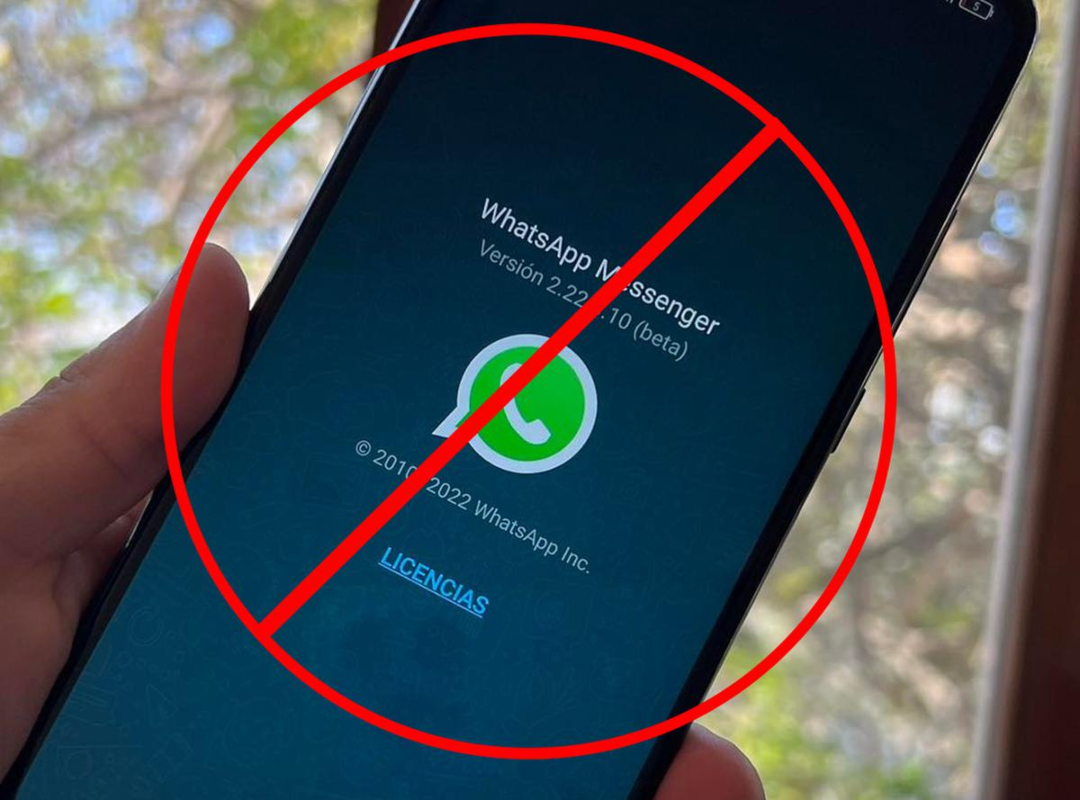On April 8, 2022, the United States announced that it was waiving previously imposed sanctions on Russia over telecommunications and internet communications that could prevent Russians from being isolated from Western news outlets. The move came amid constant announcements of additional sanctions against key Russian companies, and it seems very focused and justified.
Revised sanctions, issued and signed by Bradley Smith, Deputy Director of the Office of Foreign Assets Control, reopens U.S. companies to licensing, exporting, selling or providing communications-related software services, equipment and IT technologies.
Why did this happen?
The reason for this decision has not yet been officially disclosed by the US government, but easing IT restrictions seems likely to prevent further isolation of Russians from Western news sources and social networks.
The more limited and censored the Russian Internet is, the easier it is for the government to distort facts and present a modified or filtered reality.
Cloudflare recently reported the effects of large-scale blockades in Russia, prompting many users in the country to seek reliable sources of information on Western news sites via VPN. In addition, a month ago Russia set up its own TLS certificate center in response to sanctions that prevent websites from updating expired certificates, which ultimately poses serious risks to user privacy.
Other side effects of harsh sanctions on IT hardware include software licensing issues and the ongoing storage crisis that threatens to compromise Internet services in Russia. These issues are unlikely to be resolved with measures in line with standard industry practice and are expected to have detrimental effects on access to reliable information from Russia.
Russia’s digital rights group Roskomsvoboda called for the lifting of sanctions in a statement to Western IT companies and governments last month. As stated in the message:
- We live in a historical period, our country may continue to be separated from the whole world by a wall, which must be destroyed for years, if not decades. With carpet sanctions, technology companies reinforce this even more.
- Corporations recklessly beat everyone with sanctions, but they always miss and drop the most vulnerable groups of journalists, activists, and IT professionals who oppose military action and do their jobs bravely.
- This not only destroys their trust in technology when they cannot trust the law, but also creates conditions of digital obscurity in the hands of fake and zombie-spreading attackers.
Thus, the United States government can ease restrictions on the sale and licensing of software and hardware to protect the “free” part of Russia’s internet; this is crucial to prevent the country from isolating itself from the rest of the world. Source













